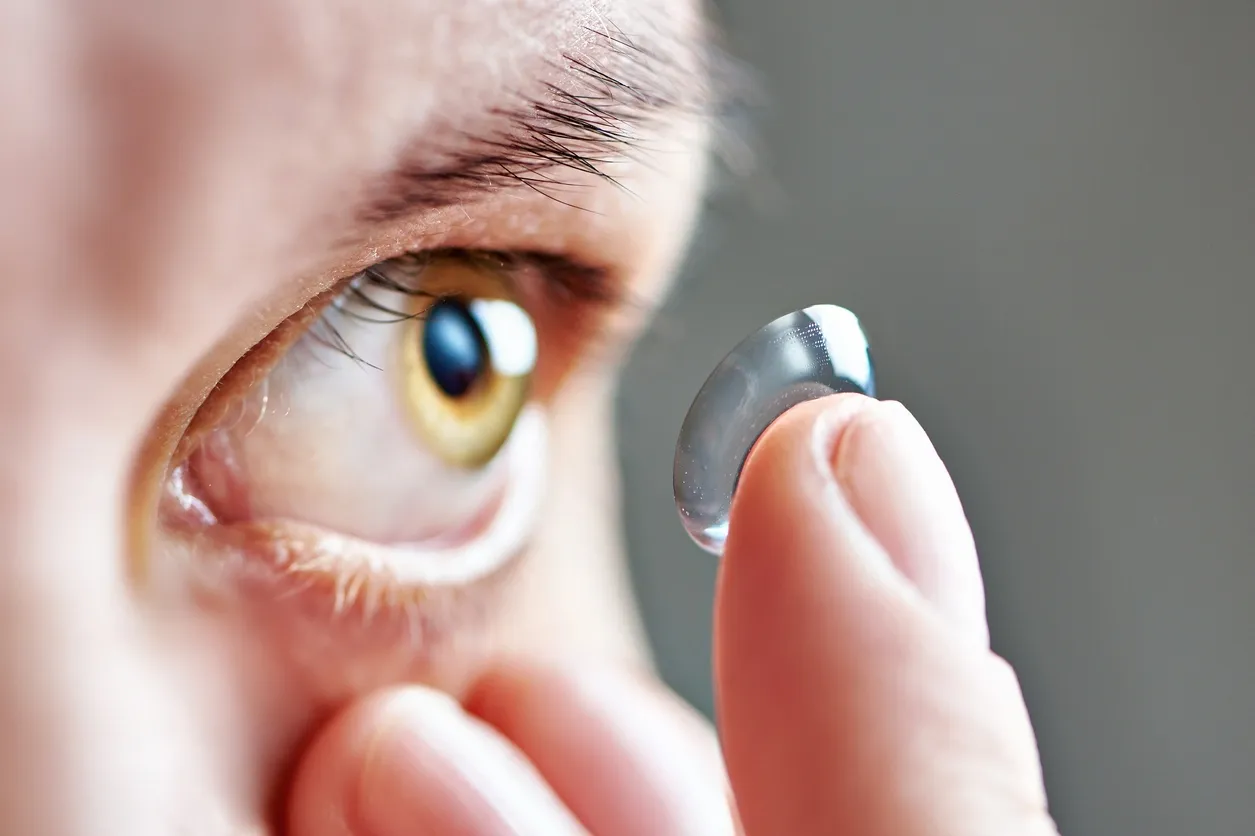Title: Contact Lenses – Are They Good or Bad?
Introduction:
In today’s modern world, contact lenses have become an incredibly popular and convenient option, significantly transforming the daily lives of many individuals. However, the question remains: Are contact lenses truly good or bad? The answer to this query largely depends on personal experiences and preferences. Let’s explore both the advantages and disadvantages of contact lenses to gain a comprehensive understanding.
Benefits of Contact Lenses:
1. Improved Vision: One of the most notable advantages of contact lenses is their ability to provide clear and enhanced vision, replacing the need for traditional glasses. They offer a wider field of view, allowing wearers to have unobstructed peripheral vision.
2. Enhanced Appearance: Contact lenses are valued for their aesthetic appeal. Unlike glasses, they don’t obscure one’s facial features, enabling individuals to showcase their natural beauty. Moreover, they offer the freedom to experiment with various eye colors, allowing wearers to change their look to suit their preferences.
3. Active Lifestyle: For individuals engaged in sports or physical activities, contact lenses provide a practical alternative to glasses. They offer better stability, eliminating the risk of glasses falling off, fogging up, or getting in the way during intense movements.
4. Unaffected by Weather: Contact lenses are unaffected by weather conditions such as rain, snow, or fog. They do not obstruct vision or blur due to moisture, providing clear sight even in challenging environments.
Drawbacks of Contact Lenses:
1. Maintenance and Care: Proper maintenance and care are crucial when using contact lenses. They require regular cleaning, disinfecting, and storing, which can be time-consuming for some individuals. Neglecting proper hygiene can lead to eye infections or discomfort.
2. Eye Irritation: Some people may experience eye irritation, dryness, or redness when wearing contact lenses. This could be due to factors such as improper fit, allergies, or prolonged wear. It is essential to consult an eye care professional to address any discomfort.
3. Risk of Infection: If contact lenses are not cleaned and stored correctly, there is an increased risk of eye infections, such as conjunctivitis or keratitis. Following proper hygiene practices and adhering to recommended wearing schedules can significantly reduce this risk.
4. Financial Considerations: Contact lenses can be expensive, especially if they need to be replaced frequently or if specialized lenses are required for specific vision needs. The cost of lens solutions, eye exams, and maintenance products should also be taken into account.
Conclusion:
Determining whether contact lenses are good or bad depends on individual circumstances and preferences. While they offer significant benefits such as improved vision, enhanced appearance, and suitability for an active lifestyle, they also require diligent maintenance and carry certain risks. It is crucial to consult with an eye care professional to assess suitability, obtain proper fitting, and receive guidance on proper care and usage. By making informed decisions and following recommended practices, contact lenses can be a valuable tool for many individuals seeking visual correction and convenience.



